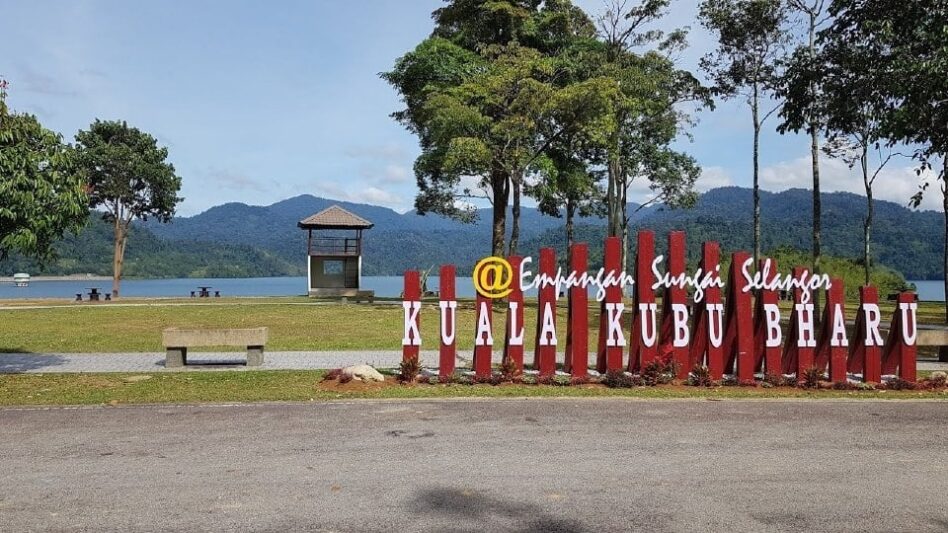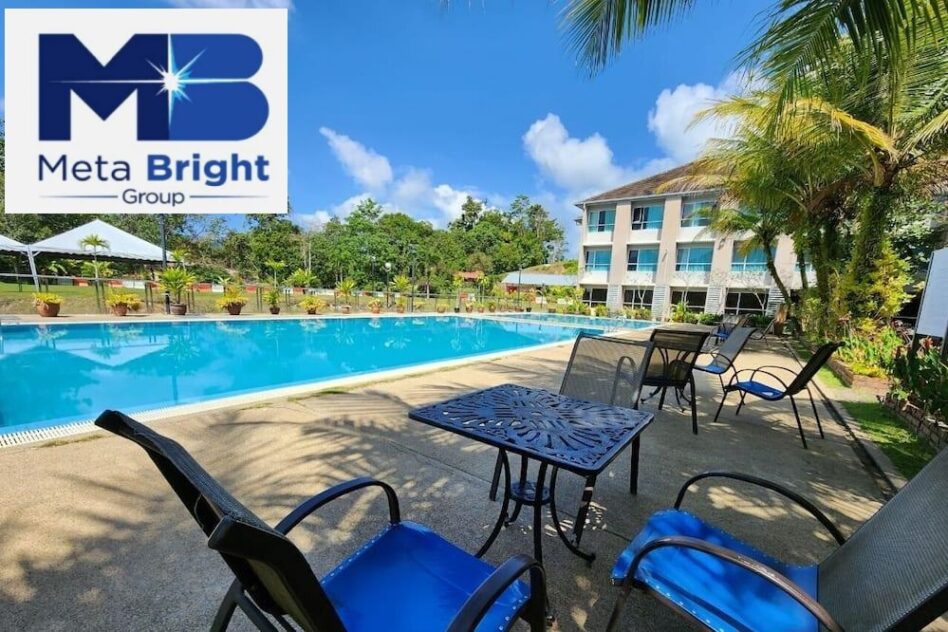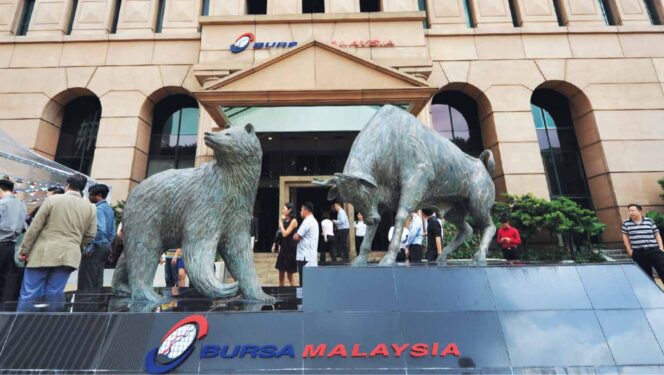By Neil Foo
Hong Kong, the Asian financial hub and a British colony that was handed over to Chinese rule in 1997, is a Chinese special administrative region with semi-autonomous status.
Under the “one country, two systems” framework, the territory is given economic and civil freedoms that people in the mainland do not have.
In response to Beijing’s recent decision to impose a national security law on Hong Kong, President Donald Trump said the US will revoke Hong Kong’s preferential treatment as a separate customs and travel territory from the rest of China.
Trump also said the US will take “necessary steps to sanction” both Chinese and Hong Kong officials who are “directly or indirectly involved in eroding Hong Kong’s autonomy.”
This is another international interference by Trump’s administration after withdrawing from the World Health Organisation which is also related to China in the pandemic Covid-19 crisis management.
The latest outcry of the US sanction on Hong Kong will spark another wave of exile of Hong Kongers from the Duty Free Port Status territory to seek for more political and economic stability elsewhere in the neighbourhood like Southeast Asia (SEA).
As a matter of fact, the US and Hong Kong have had close economic ties as below:
In 2018:
– Hong Kong was the 21st largest US trading partner.
– US exports to Hong Kong are US$50.1 bil and imports are US$16.8 bil, making Hong Kong the largest US trade surplus partner at US$31.1 bil.
– Hong Kong was the 3rd largest wine export market in the US.
– Hong Kong was the 4th largest beef market in the US.
– Hong Kong was the 7th largest farm products market in the US.
– There are more than 1,300 American companies in Hong Kong and 85,000 Americans.
Such sanctions would directly hurt American businessmen more than Hong Kong or China’s side.
Likewise, the erosion of the rule of sanction or tariff will endanger the Hong Kong global financial hub status and make the city less attractive for other rich expatriates including European, Japanese and other multinational companies.
Even some officials that are aligned to the “one country, two systems” (the autonomous) policy of Hong Kong like John Lee would not agree with the Trump’s sanction against Hong Kong.
Besides Washington’s reaction to Hong Kong’s preferential treatment, UK’s Boris Johnson administration is ready to issue 3 million BDO SAR Passports to Hong Kong citizens to “flee” the territory for the human right basis.
The Hong Kong dollar is a freely convertible currency, and most of the international business done by Chinese banks is done in US dollars from Hong Kong, and the result of the sanction is that there is no alternative in China because even Shanghai is within the walls of China’s capital controls.
More than 70% of China’s international trade in the renminbi takes place in Hong Kong, and China’s mainland manufacturing industry will be affected. Sanctions would both be a failure for the US and China, while Europe, along with other countries as well as Hong Kong and China, would suffer.
Consider that both US and European businessmen will start to leave Hong Kong for Asian financial strongholds such as Tokyo and Singapore or Taiwan, the emerging of Southeast countries will become the attractions.
What advantages will be in SEA?
– Financial base: Singapore, as she is always the SEA financial hub.
– Trade base: Malaysia, geographically located in the middle of SEA, ease of doing business and cost effective; and her multi-languages, cultural and religion government administration.
– Manufacturing base: Malaysia, Indonesia, Thailand, Vietnam and the Philippines with ample semi-skilled to low-skilled workers and relatively low-cost manpower availability.
– E-commerce base: Malaysia, as she has a very unique cross-border hub concept for the region under the advocation of Alibaba Jack Ma’s Electronic World Trade Platform concept by the name of “Digital Free Trade Zone” (DFTZ). (Note: Now, the author is establishing a DFTZ tie with the US for a very competitive courier service cost and 3-5 days delivery from Malaysia to the US.)
– Education base: Malaysia and Singapore, as these two countries have established themselves as the regional education hub from basic to tertiary education. Furthermore, English is a common language used in daily life, and Chinese, Malay and Indonesian slang are widely spoken here.
– Second home policy: Malaysia, as she is the first country in the world to introduce the “Malaysia My Second Home” (MM2H) policy a decade ago, which has attracted many international immigrants residing in this country. The policy will grant 10 years free visa and allow foreigners to reside here with the family, buy properties, to form a company and permit their children to pursue the local and international education here.
The US-China trade war has attracted many mainland China manufacturers to relocate their business base to SEA all these years.
With the recent Hong Kong issue, the analyst will see more exile of both Hong Kongers and mainland Chinese businessmen to look into diversifying their ventures and new life in SEA with 600 million population and the highest GDP growth region in the world. – June 9, 2020









